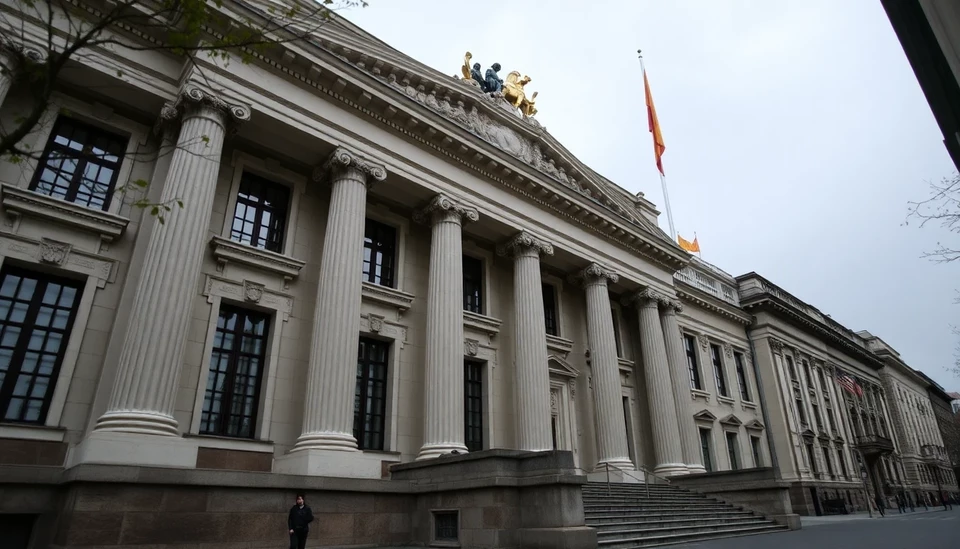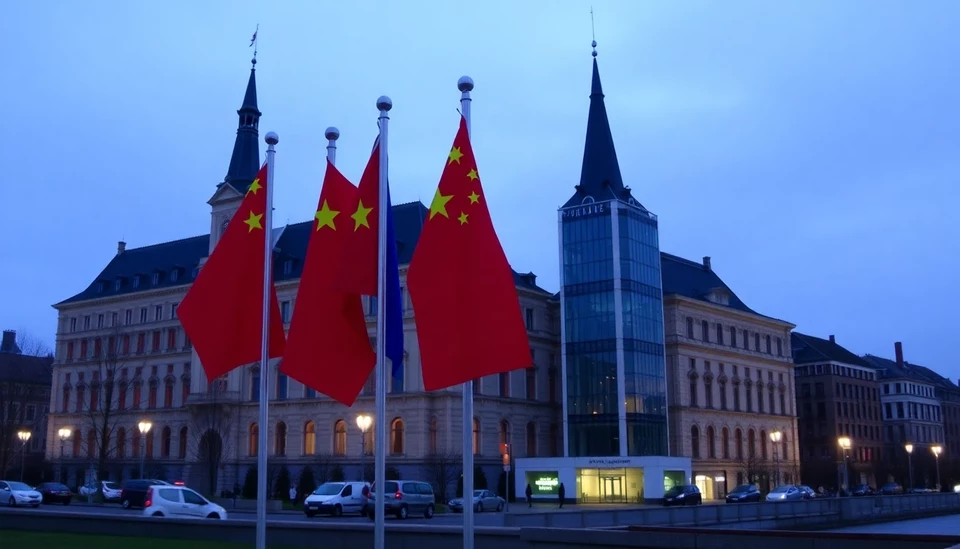
The Eastern European Markets: Thriving From a Trump Bump, Now Facing Tariff Turmoil
The economic landscape in Eastern Europe is currently witnessing a remarkable shift as the effects of President Donald Trump’s policies reverberate through the region. Following an initial wave of optimism dubbed the "Trump Bump," which had investors focusing on growth and prospects bolstered by tax cuts and deregulation policies in the U.S., the region now finds itself grappling with the implications of imminent trade tariffs. As businesses brace for potential fallout, the future of their growth and stability hangs in the balance.
Continue reading
Romania's Credit Rating Faces Downgrade Amidst Escalating Budget Deficits
In a concerning development for Romania's financial reputation, the credit rating agency S&P Global Ratings has decided to downgrade the nation's debt outlook. The decision, which stems from an alarming increase in the country's budget deficit, has raised serious questions about Romania’s fiscal sustainability.
Continue reading
Eastern Europe Faces Surge in Debt Sales Amid Ongoing Budget Challenges
ING Group has forecasted a significant increase in debt sales across Eastern Europe as countries grapple with persistent budgetary pressures. This forecast stems from a comprehensive analysis of the region's financial landscape, which highlights the ongoing economic woes that have compelled governments to seek additional funding through increased borrowing.
Continue reading
Interest Rate Cuts Unlikely in Eastern Europe as Inflation Persists
In a landscape marked by tenacious inflation, Eastern European countries are finding themselves in a complicated monetary maze, where the likelihood of interest rate cuts has become increasingly improbable. Policymakers across the region, grappling with the dual challenge of curbing price increases and stimulating economic growth, are now navigating a tightrope that requires careful balancing.
Continue reading
Central Banks in Eastern Europe Turn to Gold Amid Economic Instability
As global economic uncertainties continue to loom, central banks across Eastern Europe are increasingly gravitating towards gold as a preferred reserve asset. The allure of the yellow metal is particularly pronounced as these institutions seek to bolster their financial stability and hedge against the unpredictable swings of local currencies and broader financial markets.
Continue reading
The Struggles of Eastern European Economies Amidst a Weakening German Economy
In a landscape marked by economic volatility, the largest Eastern European economies are facing significant challenges as Germany's growth trajectory stumbles. This situation has sparked concerns among regional leaders and economists, who are now grappling with the longer-term implications of a declining German economy that has traditionally served as a financial anchor for the region.
Continue reading
Poland's Bid to Attract Bond Investors Amidst Increasing Budgetary Demands
Poland is making a concerted effort to attract bond investors as the government grapples with escalating budgetary requirements necessitated by a mix of unforeseen financial pressures and strategic economic plans. As global financial markets become increasingly competitive, Poland aims to position itself as a favorable destination for investment, especially in fixed-income securities.
Continue reading
Chinese Investment Provides Eastern Europe with Strategic Alternatives Amid Brussels' Oversight
As Western Europe faces its own set of economic challenges, several countries in Eastern Europe are embracing a significant influx of Chinese investment, which is increasingly seen as a means to counterbalance the dominant influence exerted by Brussels. This development reflects a shifting geopolitical landscape where financial alliances and investments become critical to national and regional stability.
Continue reading